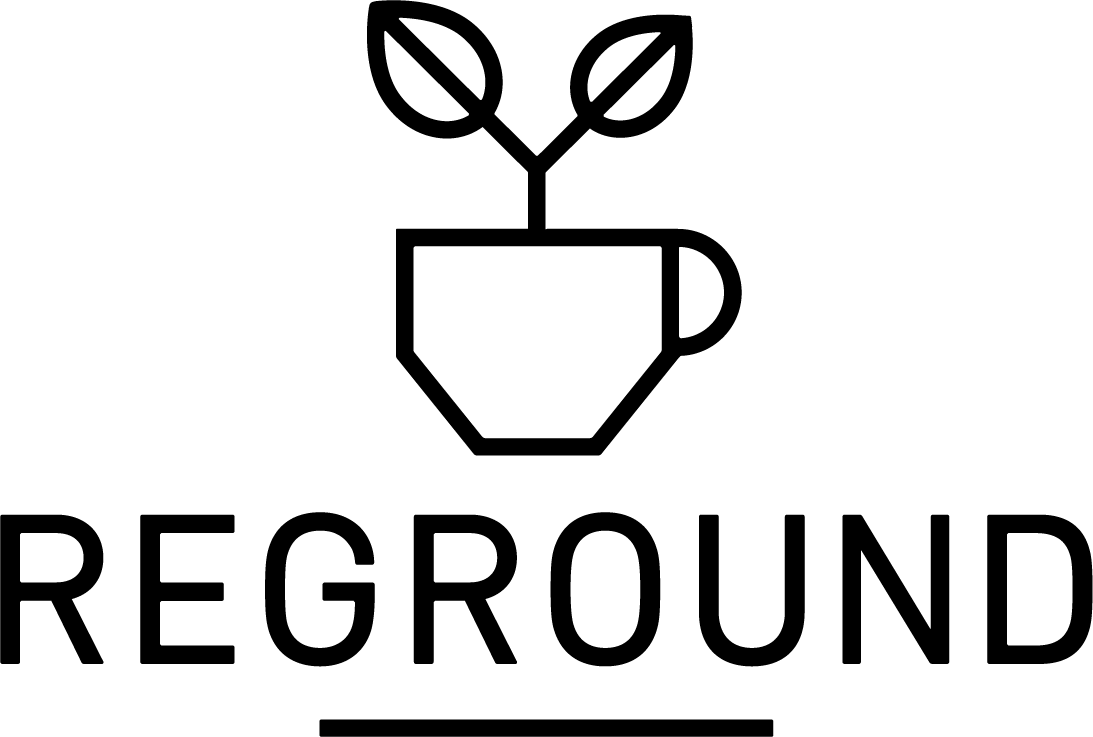Transforming waste education through hands-on programs
For Preshil Primary School
Engaging kindergarten and primary school students in their school’s waste processes and outcomes through a hands-on waste audit and participative educational program, delivering a snapshot report and action plan to achieve real and lasting environmental and community outcomes.
Preshil, a Resource Smart Primary School, wanted to overhaul their waste system and tackle some of the sticky issues in school resource management.
By involving the entire school in the process - and nominating waste champions in each class to follow through with the waste resolutions students and staff jointly agreed upon - Preshil is on track to reduce their waste to landfill by 80%
15kg of general waste was audited by students
over 100 students took part in the waste audit and educational program
84% of waste to landfill was found to be avoidable; an action plan is now in place to reduce and recover these wasted resources
the school is now on track to reduce each student’s annual contribution to landfill to just 0.5 m3 (from 3.1)
Each class in the school spent time hands-on at the active waste audit, giving every student a chance to confront their own waste in person, ask questions and reflect on their individual and shared waste practices. Students were quick to identify problem items and to suggest their own solutions.
Waste champions from every year level also took part in a structural assessment of the school’s existing waste systems alongside the Reground team, walking through each room to assess bin choice, location and utilisation as well as identify waste hot-spots, key issues and areas for improvement. A separate team of students recorded the day’s activities - and subsequent changes - in documentary format: you’ve never seen kids so excited to be recycling right!
The students’ waste audit revealed that a whopping 84.1% of waste being sent to landfill could instead be recycled or composted and Reground made strategic, easily implemented recommendations to make this change a reality. In many cases, very small changes were all it took to transform the school’s waste footprint.
Some especially satisfying wins came from the realisation of just how much of the school’s waste could actually be avoided completely - through the elimination of previously unidentified problem items - or easily recycled on-site.
By separating waste into the correct streams and making small changes across sourcing and supply, Preshil is on track to reduce their waste to landfill by 80%. By engaging students in the process and letting them take the lead on implementation, Reground and Preshil are ensuring the ongoing success of the program.
Engaging the whole school community in waste reduction advocacy not only benefits our environment, it also helps schools reduce costs and improves quality of life for the community as well as engagement for the students and job satisfaction for teachers and support staff. This is increasingly important for the reputation and wellbeing of schools as students, teachers and parents become increasingly aware of the urgency of taking action on climate change.

